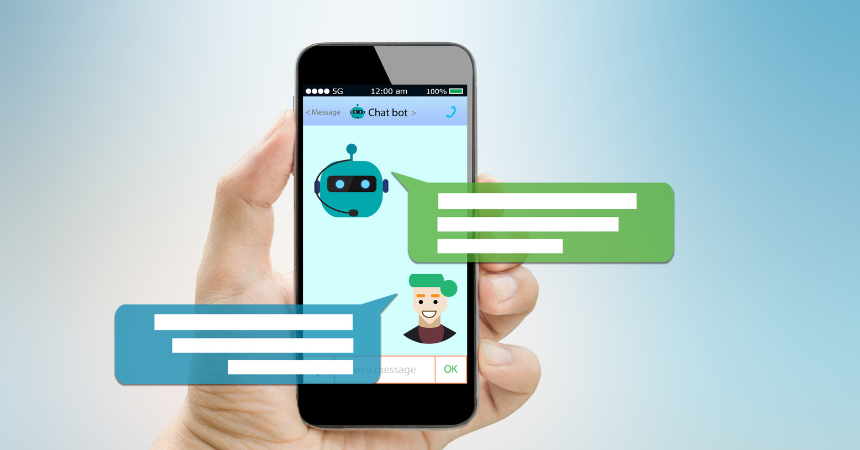By Lucas Mitzel, LCSW
Therapist, Dakota Family Services
In today’s world, we see artificial intelligence (AI) everywhere. Adults and children alike are using common AI tools like Chat GPT, Siri, and Grammarly. As these technologies become more popular, some people will inevitably use them for nefarious purposes. It is our job as parents to protect our children from these people.
What is Artificial Intelligence?
According to an article posted on the University of Chicago website, “AI represents a branch of computer science that aims to create machines capable of performing tasks that typically require human intelligence.”
We might think of AI as a robot who can act like a human being, however, human-like robots aren’t the typical way AI is implemented in the world. AI can be as harmless as checking your writing for grammar mistakes, writing you a story, or searching the web for you. Most of the time it is a helpful tool, but when placed in the wrong or simply naïve hands, AI can be used for less helpful, sometimes harmful, purposes.
I learn about new AI tools from the kids I see in my therapy practice. Recently, they’ve been talking about AI chatbots like Chai, Character AI, and Linky AI, all downloadable for free. The apps let users interact with AI-driven characters that can be customized to fit individual preferences. You send a message or question to the character which responds to what you say. You might say something like, “I stepped into the room and sat down on the chair.” The bot responds by acknowledging the movement, potentially giving its own, and the conversation continues.
This might seem like harmless entertainment, and it often is, but it is important to know about the potential dangers.
- While some AI apps say they don’t allow or promote explicit content, sources say they don’t generally censor users. Other apps boast about their lack of censorship, implying you can have sexual conversations with the characters, essentially sexting with a fake person.
- Some apps allow the creator of the bot to see the messages the user is sending, inadvertently creating a space where predators can interact with minors without immediate detection.
- Although the app stores don’t allow pornography, other online AI tools allow predators to create visual pornography. You converse with the bot who is playing a character, except this time the bot can generate images and send them to you.
Deep fakes, where someone creates a video or image of a person with their face or body altered to seem as though they are someone else, are also concerning. Deep fakes are typically created maliciously and used for adult content. Depending on the quality of the AI, they can be incredibly convincing, and many celebrities have been unfairly implicated for things they didn’t do. Kids get caught up in this, thinking it is funny or all in good fun. Then they make “someone” do something highly inappropriate and get themselves in trouble.
Scammers use deep fakes to exploit people. They message a child on Instagram pretending to be someone they aren’t. Let’s say the scammer pretends to be a girl and the victim is a boy. The boy opens a message from the girl, who seems interested in them, and upon request, sends a photo. The scammer edits the photo to create a realistic image of the boy doing something embarrassing and then blackmails him to send money or they distribute the photo. Obviously, this causes a lot of distress for kids who don’t know how to combat this type of exploitation.
Schools are also concerned about students using AI to do their homework. They put safeguards in place, but that doesn’t mean kids won’t try to get away with it. Many times, AI will write the same paper for multiple people, use fancy words the child wouldn’t normally use, or simply not finish a sentence. It’s important for kids to understand AI is a tool that can be helpful but not a replacement for hard work.
As parents, it is crucial to keep up with what our kids can access, like the latest apps, social media, and websites. While it is not always the case, most of the time kids get mixed up in something harmful, it’s by mistake or because they didn’t know the dangers.
To keep your children safe, know what they are doing online. If they ask if they can use an app, download it and look around. Pretend to be 15 and see what trouble you can find. Teach them about online safety and privacy. Foster positive conversations with your child so if a scammer attempts to exploit them, they feel comfortable coming to you for help. When we know better, we do better.
University of Chicago Article: https://meng.uic.edu/news-stories/ai-artificial-intelligence-what-is-the-definition-of-ai-and-how-does-ai-work/


